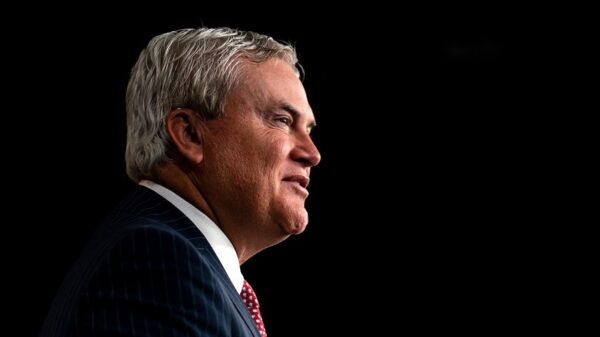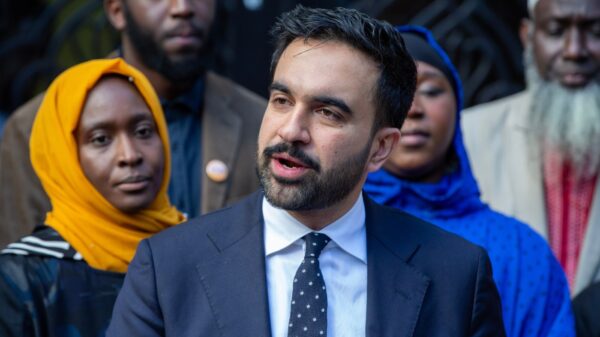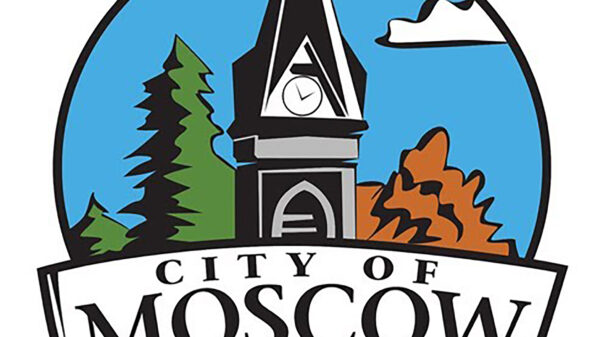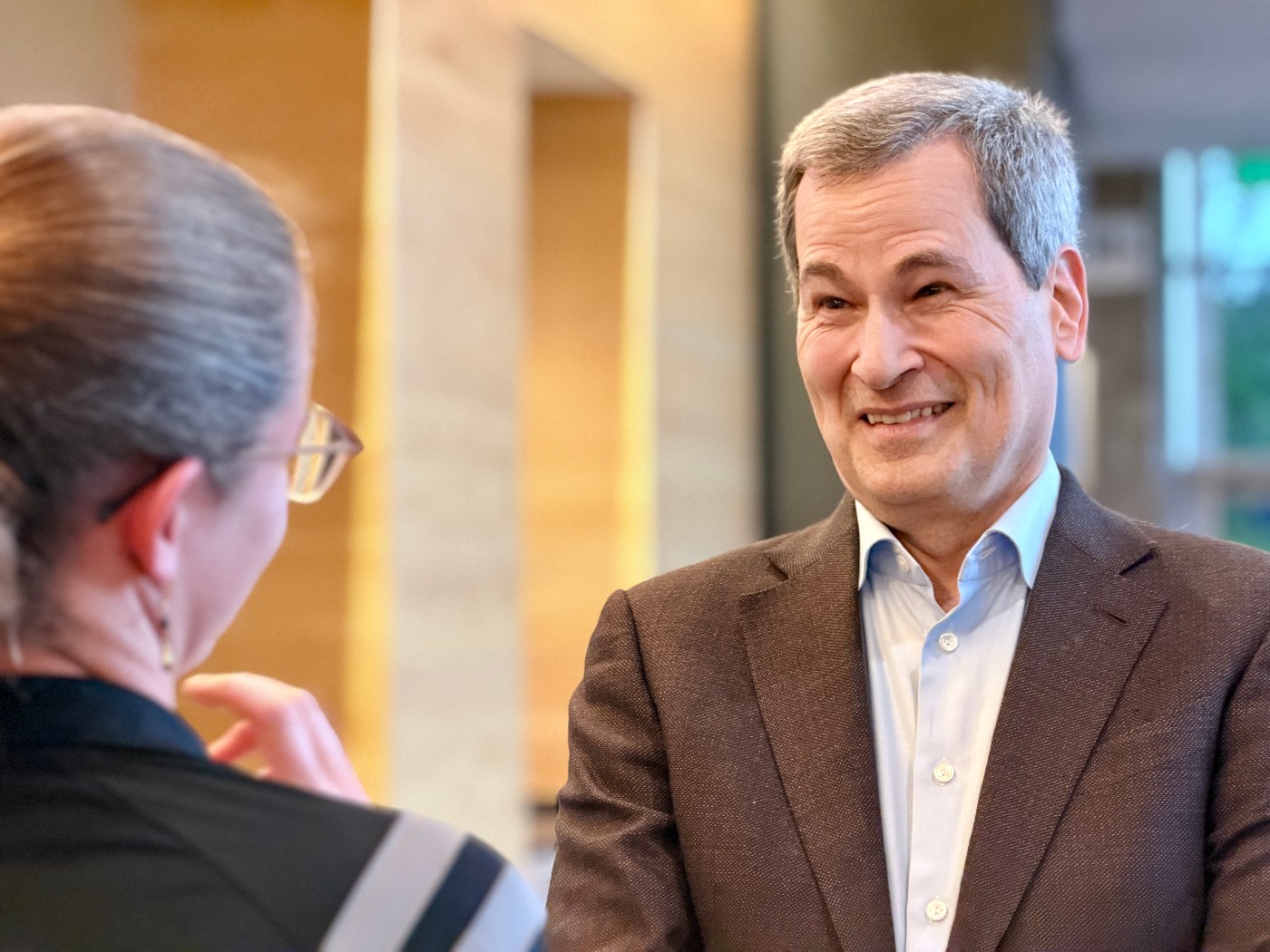Artificial intelligence (AI) is transforming healthcare, offering new tools for diagnosis and treatment, according to science journalist David Pogue. Speaking at the Purdue University Northwest Sinai Forum on October 26, 2025, Pogue highlighted the profound impact of AI across various facets of the healthcare system. He stated, “It is in every aspect, every corner of the healthcare system,” emphasizing its role in mental health and drug development.
One of the most significant developments is the use of AI-driven chatbots for mental health support. Pogue mentioned that ChatGPT has become the largest provider of mental health services in the United States. During his presentation, he demonstrated the chatbot’s capabilities by simulating a conversation about depression, revealing how it can provide immediate support. Pogue noted the importance of human oversight, particularly in critical situations where a user may express harmful intentions. He pointed out that while human therapists are legally required to report threats, it remains to be seen how AI companies will navigate similar responsibilities.
Wearable Technology Enhances Health Monitoring
Pogue also discussed the growing potential of wearable devices, such as Apple Watches and Fitbits, in monitoring health. He described these gadgets as “massive biotech-absorbing gadgets” that keep track of various health metrics, including heart rate and sleep patterns. “Now it’s started to warn you about things that might be starting to happen,” he explained, citing the ability of these devices to detect conditions like atrial fibrillation, which can lead to strokes.
He shared that a recent advancement in wearable technology includes a new feature for sleep apnea detection, which could significantly improve early intervention. Pogue referenced a study by Stanford University researcher Michael Snyder exploring how smartwatches might detect diseases such as anemia and type 2 diabetes, as well as ongoing research into cancer detection.
Pogue suggested that if governments distributed smartwatches, it could revolutionize public health monitoring. He described a future where these devices provide personalized medical advice based on real-time data, potentially improving outcomes for individuals with chronic conditions.
AI Outperforms Traditional Diagnostics
Significant research indicates that AI could surpass human capabilities in diagnosing illnesses. A study conducted in 2024 found that AI chatbots, including ChatGPT, were preferred over physicians in 78% of diagnostic cases. Pogue emphasized the implications of this data on the future of medical practice.
In discussing the pharmaceutical industry, Pogue explained that many diseases stem from malformed proteins, a challenge AI is beginning to address. “This is the holy grail,” he said, referring to the potential for AI to unlock insights into over 200 million known proteins. He noted that AI has accelerated drug development, allowing for the identification of new treatments in a fraction of the time previously required. For instance, a drug for lung disease was identified by AI and is now in its second round of clinical trials, a remarkable feat accomplished in just 13 months.
Pogue shared insights from a study conducted by the Massachusetts Institute of Technology, which analyzed lung scans from 28,000 patients. The research demonstrated AI’s capability to predict lung cancer with an accuracy rate of 95%. He highlighted the potential for AI to forecast other diseases, including Alzheimer’s, marking a significant leap in preventative healthcare.
Despite these advancements, Pogue acknowledged several challenges associated with AI in healthcare. He pointed out the existing data bias, as 80% of electronic health records represent individuals of European descent, leaving marginalized communities underrepresented. Additionally, he raised concerns about geographic disparities in data access, as well as issues surrounding data privacy and consent.
Pogue also touched on the ethical implications of AI in healthcare, questioning accountability in cases where AI-driven recommendations lead to adverse outcomes. He expressed that the reluctance among some physicians to trust AI technology could hinder its adoption, noting that even experts do not fully understand how these systems operate.
Beyond healthcare, Pogue warned about the potential for AI to misinform the public, citing examples of inaccuracies in AI-generated summaries, as well as the threat posed by deepfake technology in political contexts. Despite these concerns, he remains optimistic about AI’s role in reshaping healthcare.
“The results so far are promising,” Pogue concluded, reinforcing the idea that AI is poised to revolutionize healthcare as we know it. Leslie Plesac, Executive Director of the Sinai Forum, echoed this sentiment, stating, “AI is reshaping the world as we know it. Healthcare is no exception.”





































































